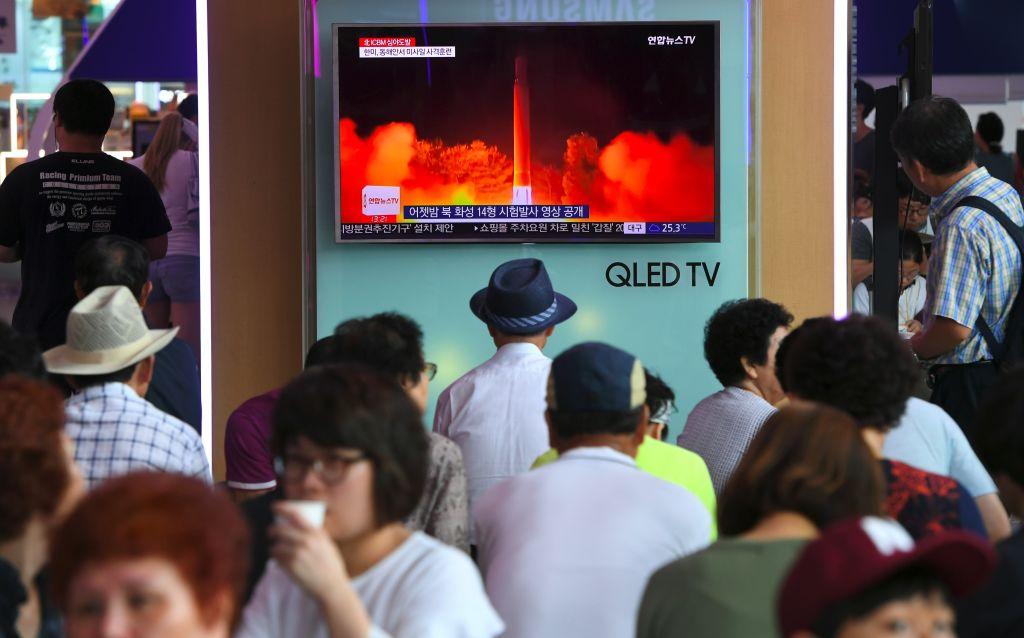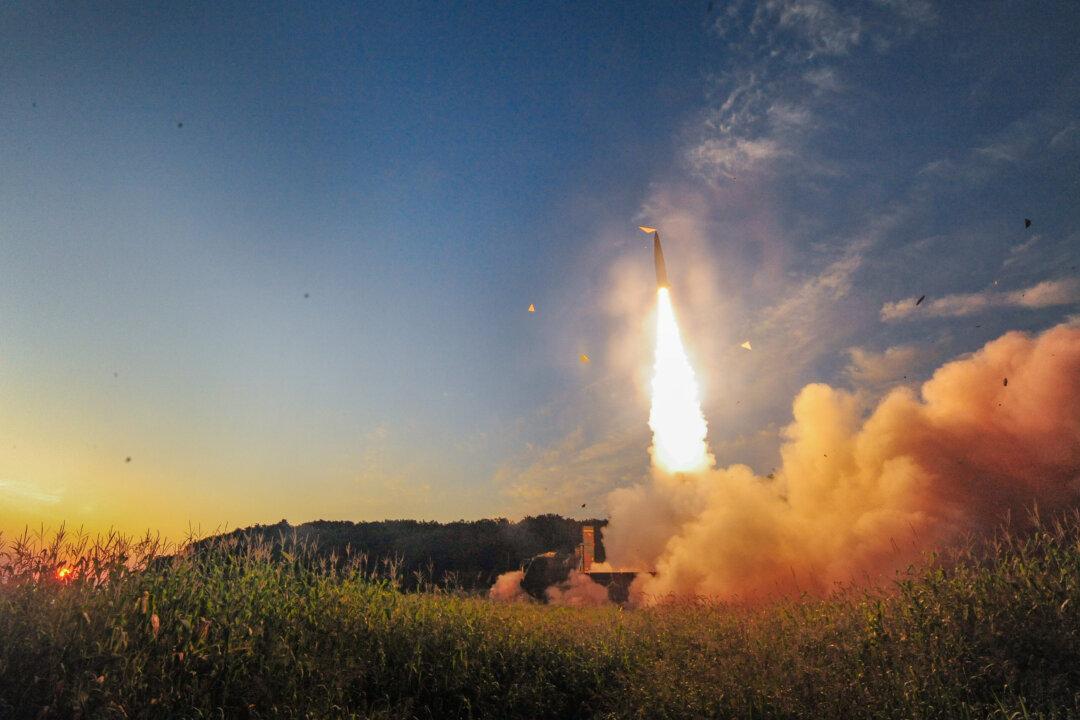SEOUL/WASHINGTON—South Korea said on Monday it was talking to the United States about deploying aircraft carriers and strategic bombers to the Korean peninsula after signs North Korea might launch more missiles in the wake of its sixth and largest nuclear test.
The U.N. Security Council was set to meet later on Monday to discuss new sanctions against the isolated regime. President Donald Trump had also asked to be briefed on all available military options, according to his defense chief.
Officials said activity around missile launch sites suggested North Korea planned more missile tests.
“We have continued to see signs of possibly more ballistic missile launches. We also forecast North Korea could fire an intercontinental ballistic missile,” Jang Kyoung-soo, acting deputy minister of national defense policy, told a parliament hearing on Monday.
North Korea tested two ICBMs in July that could fly about 6,200 miles, putting many parts of the U.S. mainland within range and prompting a new round of tough international sanctions.






